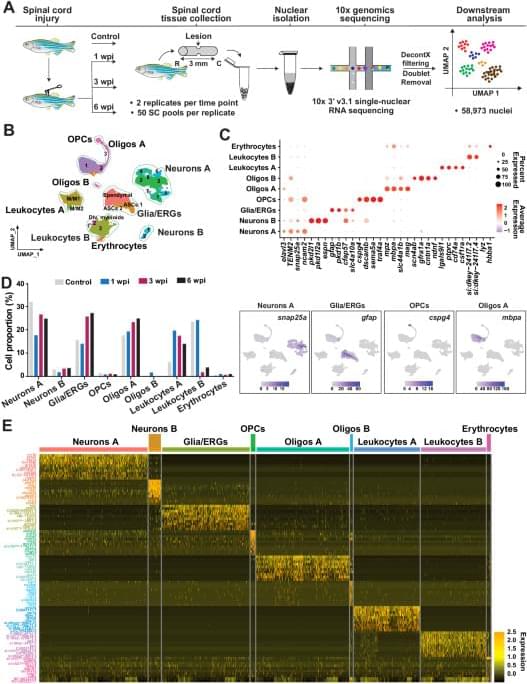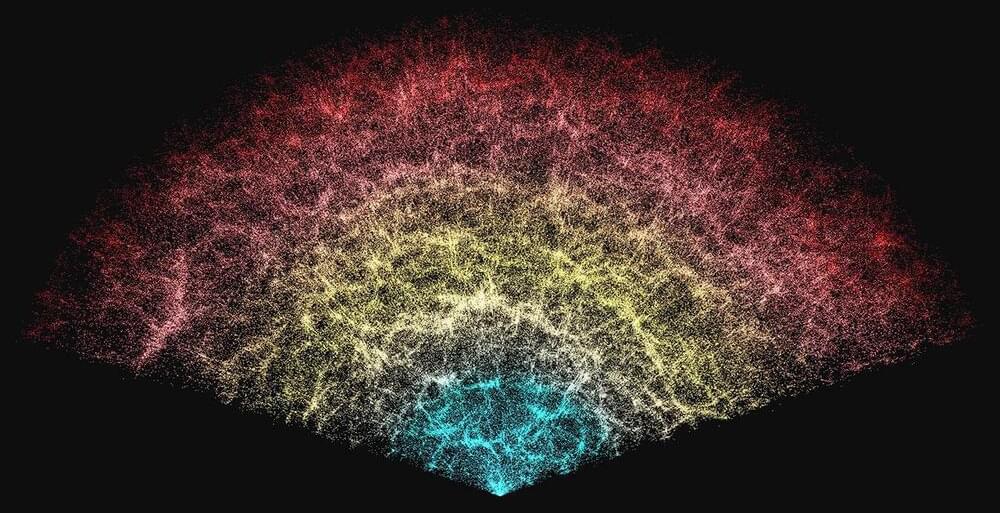A team of researchers at Delft University of Technology has developed a drone that flies autonomously using neuromorphic image processing and control based on the workings of animal brains. Animal brains use less data and energy compared to current deep neural networks running on GPUs (graphic chips). Neuromorphic processors are therefore very suitable for small drones because they don’t need heavy and large hardware and batteries.
The results are extraordinary: during flight the drone’s deep neural network processes data up to 64 times faster and consumes three times less energy than when running on a GPU. Further developments of this technology may enable the leap for drones to become as small, agile, and smart as flying insects or birds.
Photo of the “neuromorphic drone” flying over a flower pattern. It illustrates the visual inputs the drone receives from the neuromorphic camera in the corners. Red indicates pixels getting darker, green indicates pixels getting brighter. (Image: TU Delft)







